In case you haven’t heard, the FBI recently announced that they’d successfully found a method for breaching an encrypted iPhone 5c used by one of the terrorists who carried out the attacks in San Bernardino, California. This came after a court order against Apple to assist in bypassing the phone’s protection in order to gain access to its data, an order which the company boldly refused in a stand for privacy and security.
Well, the method seems to have worked like a charm, with the Department of Justice announcing that they have successfully gained access to the data on the phone without Apple’s help.
All’s well that ends well, right? We’d love to believe that, but we wouldn’t blame you for doing a double take and questioning the entire thing in the first place. While we aren’t ready to go full-on aluminum hat mode here, many believe this entire thing was a vicious attempt at taking away even more civil liberties under the guise of preserving national security.
Consumer advocacy group Fight for the Future reminds us of the commentary from numerous security experts following claims that the government couldn’t figure it out.
“The FBI says Apple has the ‘exclusive technical means.’ Respectfully, that’s bullshit,” said Edward Snowden, the ex-CIA employee who has taken on the risk of being charged with treason to expose questionable ethics of the American government.
“The FBI’s credibility just hit a new low,” said Evan Greer, campaign director of Fight for the Future, “They repeatedly lied to the court and the public in pursuit of a dangerous precedent that would have made all of us less safe. Fortunately, Internet users mobilized quickly and powerfully to educate the public about the dangers of backdoors, and together we forced the government to back down.”
If independent researchers could find numerous ways to break into an iPhone 5c, how could the government — which commands virtually limitless resources in these situations — be so lost?
That’s not a bad question to ponder. It’s odd how the government kicked the tires on this thing for weeks, but it was only a short time after Apple took a stand that they magically found a breakthrough. Of course, no one can prove that there was some sort of ulterior motive behind the case, so it’s not very useful to entertain that kind of commentary.
Still, there’s a lot to talk about. While the books on this specific episode may be closed, it spawned a very big discussion about civil liberties in today’s world, and shone light on the need to govern the United States of America on laws that account for today’s technology. We imagine those discussions won’t be dying anytime soon. Do you think this whole thing was an attempt to take away more of our civil liberties? Let us hear your thoughts straight ahead.

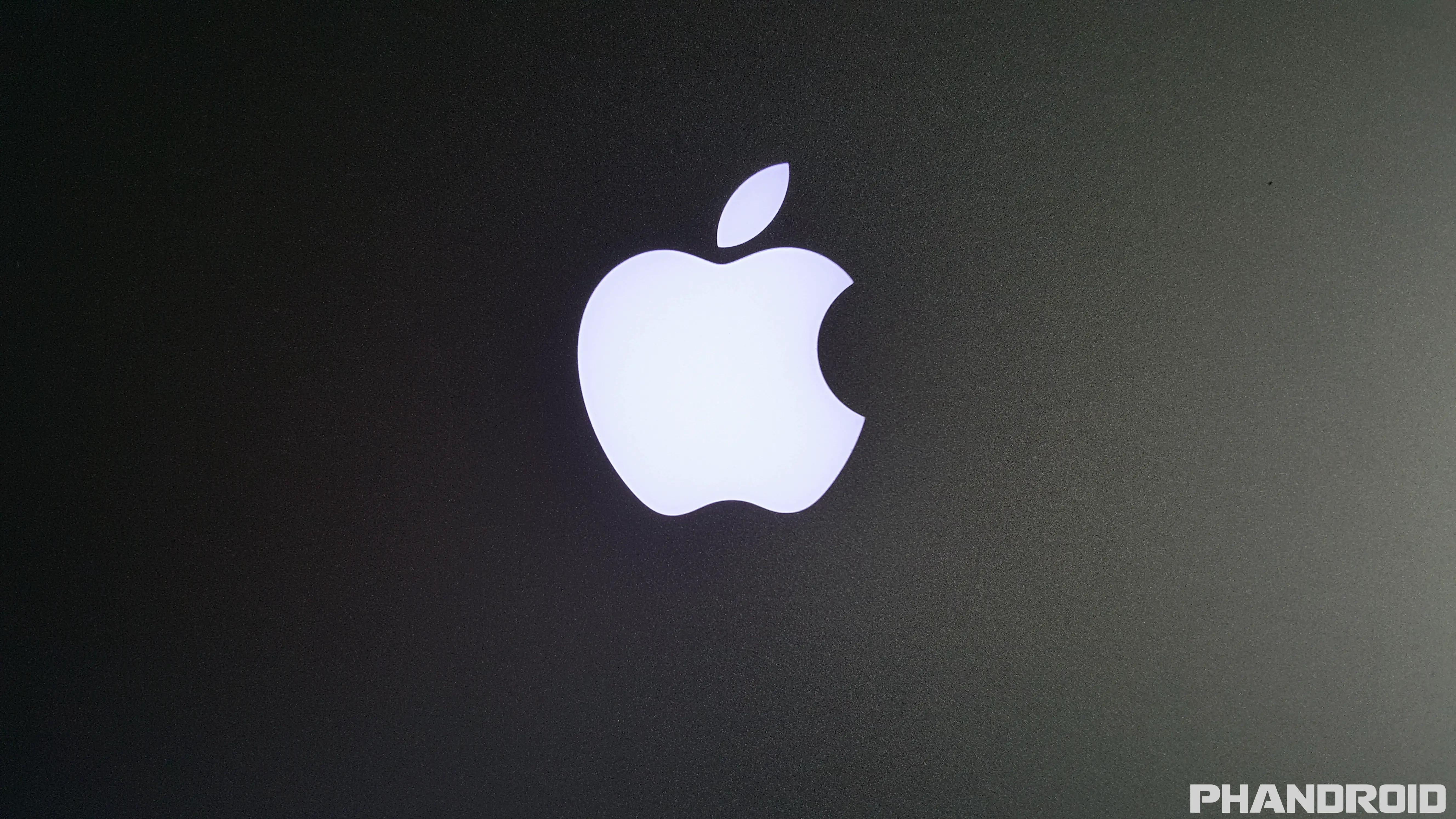
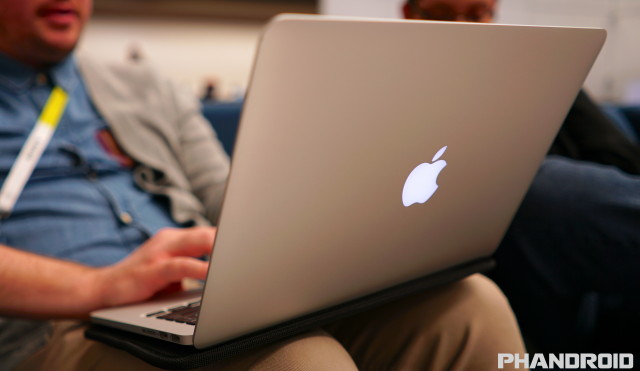
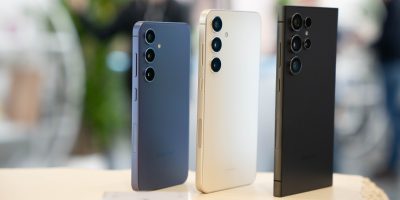

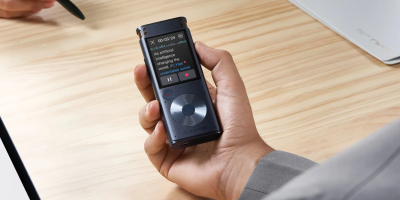
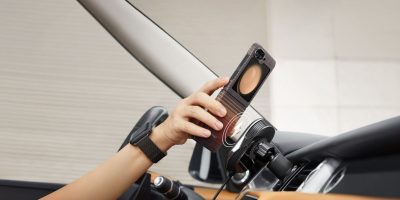



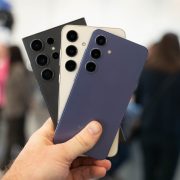

Comments